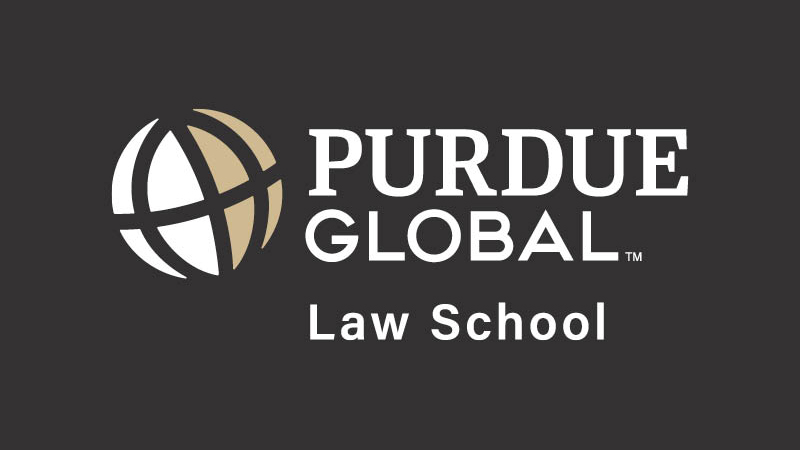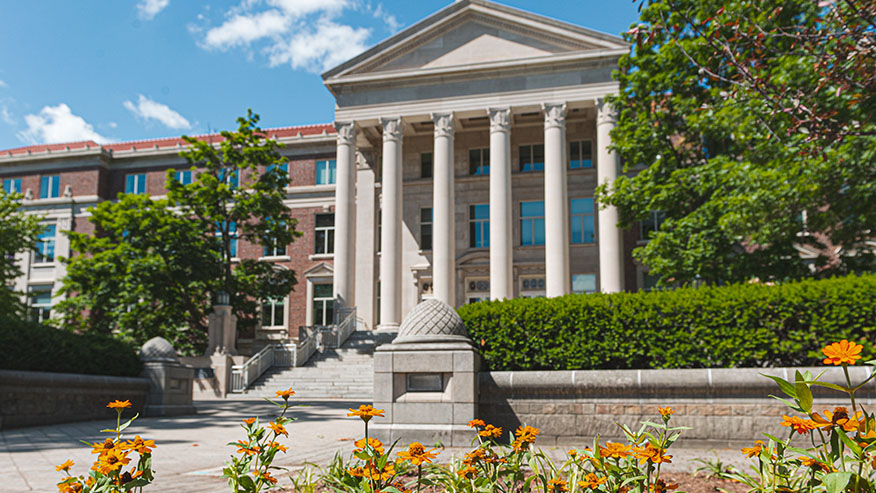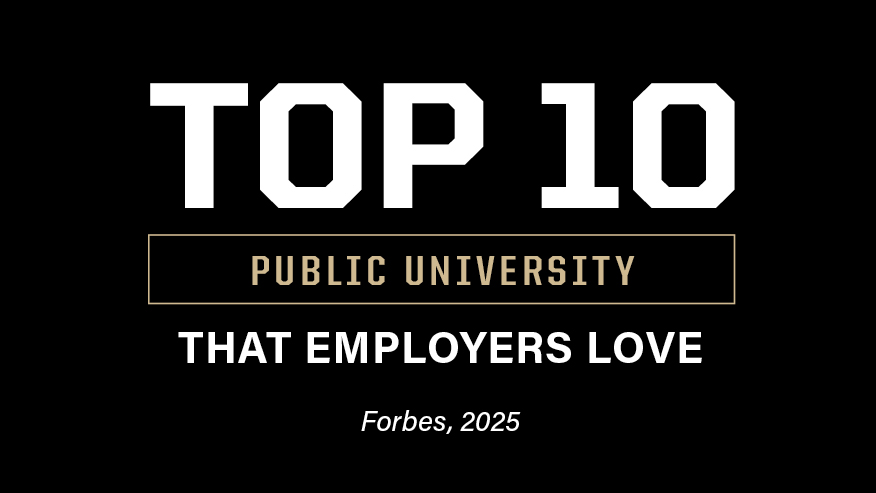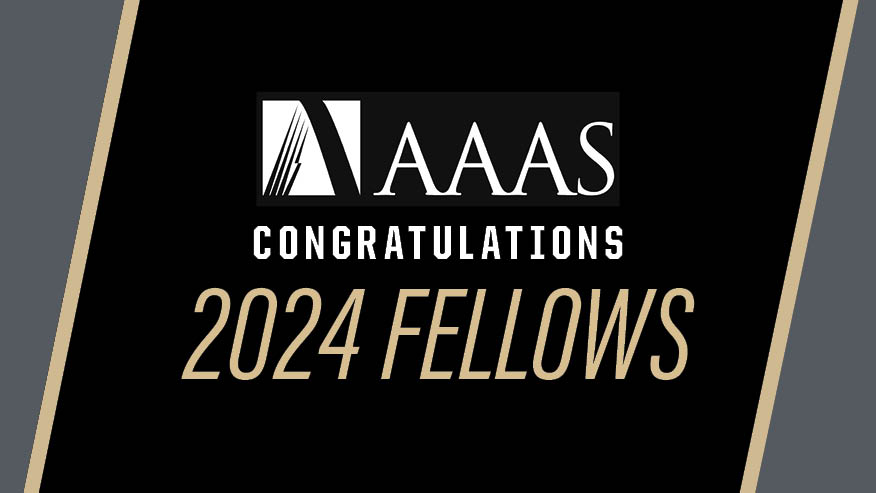Purdue Global Law School launches AI course
New course to help students explore opportunities, challenges AI poses in the law

WEST LAFAYETTE, Ind. —
Purdue Global Law School has introduced a new course to address the evolving artificial intelligence landscape and the challenges and opportunities it presents for society and the law.
The new course, CL810 — Artificial Intelligence Law, was designed to help students understand AI’s legal impact, particularly in the areas of intellectual property, privacy and regulation of the technology itself.
“Law schools should be preparing students not just for the world as it exists today but also for how it is likely to exist in the future,” said Martin Pritkin, dean of the law school. “Purdue Global Law School, which has technological innovation woven into its DNA as the nation’s first fully online law school, seeks to be ahead of the curve in addressing the impact of game-changing AI.”
Additional Information
The course, which will be taught by Shaun Jamison, associate dean for academic affairs, will feature 15 modules that touch on topics such as ethics and governance, plagiarism, AI and criminal justice, and the future of AI and the law.
“One of the best ways that students learn is through critique and self-reflection,” said Jamison, who created the course with Pritikin. “AI can help by creating an essay answer or an arbitration decision based on a fact scenario, and the student can then critique it. For the reflection part, a student could also run some of their work through AI for critique and feedback in addition to the feedback they get from the professor. We’re also investigating using AI for client interviewing simulations.”
Regarding concerns about the dangers of AI when it comes to practicing law, Jamison believes the benefits outweigh the risks but says it’s important to keep a healthy balance of AI and human interaction.
“We need to consider the possibility of bias in AI or even where it may not perform as well as we expect,” Jamison said. “That’s why it’s important to have human oversight and quality control of AI. When you use an AI tool, do you know what steps were taken to avoid bias? What data was used? This is important in the law because the law evolves. If we train AI based on discriminatory applications of the law, then the AI will be influenced by this and perpetuate past wrongs.”
Pritikin said, “AI does, or soon will, affect virtually every aspect of our society and our economy — and so does the law. Law students and others need to understand how these two critical fields intersect so that they can better navigate the changing legal profession or whatever field they may be in.”
Students can begin signing up now through the school’s academic catalog for the course, which begins Jan. 3 at the start of the next term. The course is an elective in which students will earn three credits upon completion.
For more information or to register and attend this class, contact pglawcoordinator@support.purdueglobal.edu.
About Purdue Global Law School
Purdue Global Law School is part of Purdue Global, the public, nonprofit, online school for working adults backed by Purdue University. Founded in 1998, Purdue Global Law School was the first to offer students a traditional law school program in an affordable, online format. For more information, please visit PurdueGlobalLawSchool.edu.
Writer: Adam Bartels, adam.bartels@purdueglobal.edu
Sources: Martin Pritikin, Shaun Jamison



